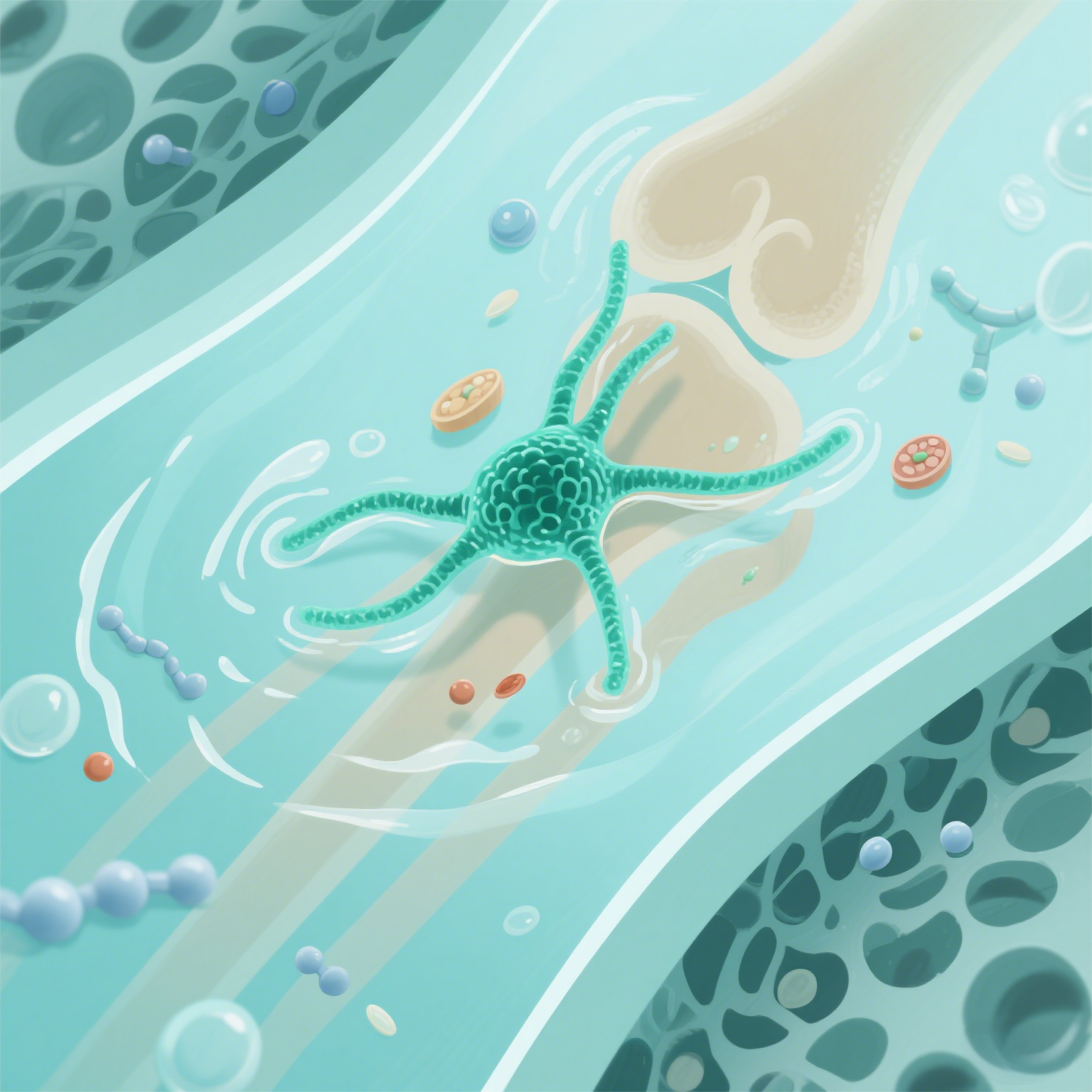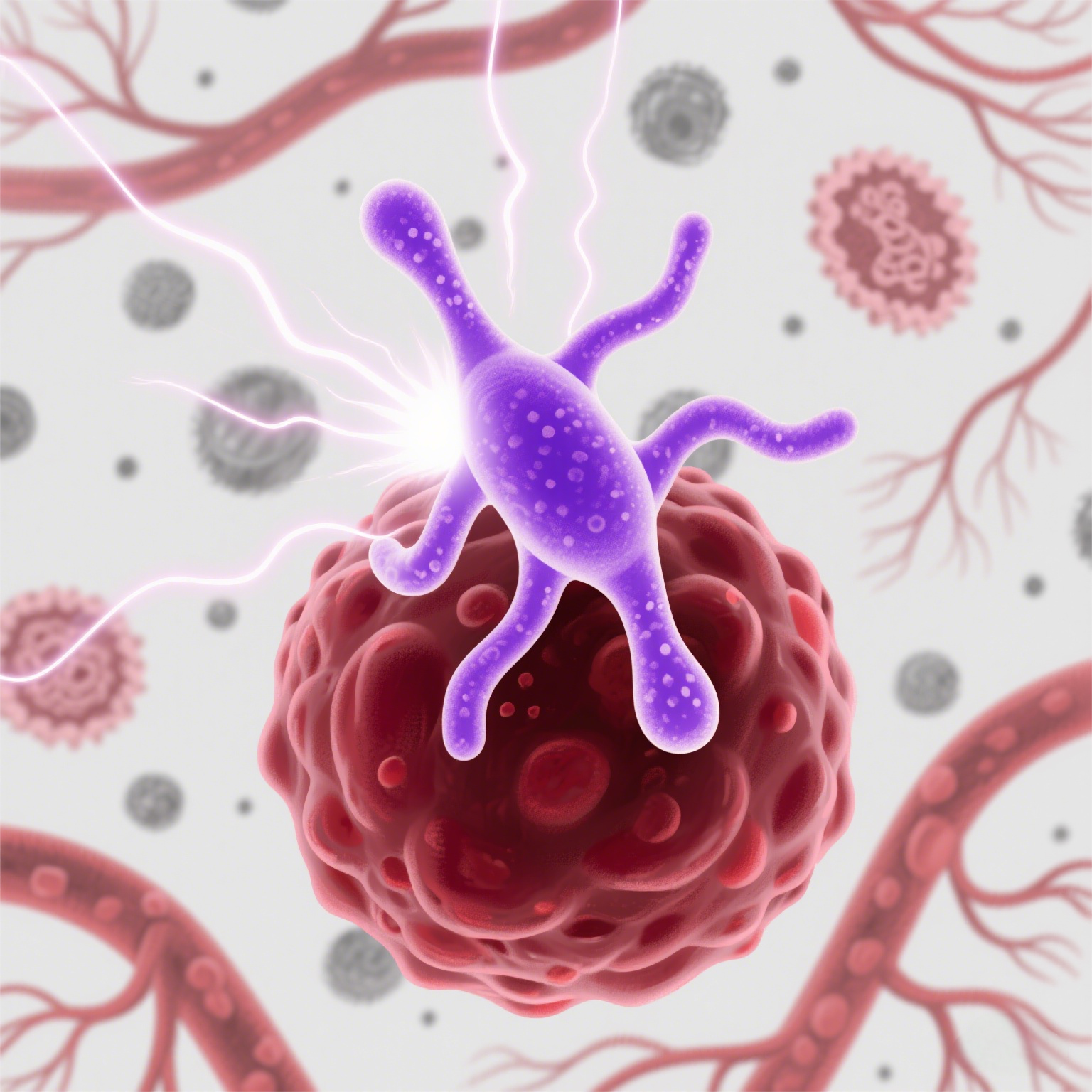
The InVivoPro Anti-Mouse CD4 in vivo antibody, Clone GK1.5 is a cornerstone tool in preclinical immunology research, enabling precise depletion of CD4⁺ T cells to study their role in immune responses. Developed by BioXCell, this monoclonal antibody targets murine CD4 (CD4⁺ T cells), a critical regulator of adaptive immunity, and is widely used in cancer, autoimmune disease, and transplantation models .
Key Features and Mechanism of Action
Clone GK1.5 is derived from a rat IgG2b clone, produced in animal-free facilities, and undergoes rigorous quality control to ensure ultra-low endotoxin levels (<1 EU/mg) and high purity (>95%) . It binds to the extracellular domain of mouse CD4, a cell surface glycoprotein expressed on helper T cells (Th1, Th2, Th17), regulatory T cells (Tregs), and subsets of dendritic cells and macrophages. By depleting CD4⁺ T cells, GK1.5 disrupts T-cell activation, cytokine production (e.g., IL-2, IFN-γ), and immune cell trafficking, thereby modulating immune responses in vivo .
Applications in Preclinical Research
1. Tumor Immunotherapy
Immune Modulation: GK1.5 is used to deplete CD4⁺ T cells in tumor models to assess their role in antitumor immunity. In the 4T1 breast cancer model, CD4⁺ T-cell depletion enhances CD8⁺ T-cell cytotoxicity and reduces tumor growth .
Combination Therapies:
- Checkpoint Blockade: Combining GK1.5 with anti-PD-L1 antibodies in B16-F10 melanoma models synergizes antitumor efficacy, prolonging survival by 34 days compared to control groups
- Angiogenesis Inhibition: In triple-negative breast cancer (TNBC) models, GK1.5 reduces tumor angiogenesis by downregulating VEGF-C and SDF-1, while preventing T-cell exhaustion (PD-1⁺ CD8⁺ T cells) .
2. Autoimmune Disease Models
- Multiple Sclerosis (MS): GK1.5 depletes pathogenic Th17 cells in experimental autoimmune encephalomyelitis (EAE), reducing neuroinflammation and clinical severity .
- Systemic Lupus Erythematosus (SLE): In murine SLE models, CD4⁺ T-cell depletion suppresses autoantibody production and glomerulonephritis progression .
3. Transplantation Research
- Immune Tolerance: GK1.5 induces donor-specific tolerance in cardiac allograft models, prolonging graft survival by >120 days without immunosuppressive drugs .
- Graft-Versus-Host Disease (GVHD): In allo-HSCT models, CD4⁺ T-cell depletion reduces GVHD severity while preserving graft-versus-leukemia (GVL) effects .
Experimental Validation and Pharmacokinetics
GK1.5’s binding specificity and functional activity are validated by flow cytometry, immunohistochemistry, and in vivo depletion assays. Flow cytometry analysis shows >95% depletion of CD4⁺ T cells in murine spleen and peripheral blood within 24 hours of administration . Pharmacokinetic studies reveal a linear dose-response profile in BALB/c mice, with a half-life of ~5–7 days following intraperitoneal administration. A typical dosing regimen involves 200–500 μg/mouse intraperitoneally twice weekly, depending on the model .
Advantages Over Competitors
- High Specificity: GK1.5 selectively targets murine CD4 without cross-reactivity to human CD4, making it ideal for preclinical studies .
- Low Immunogenicity: Engineered for in vivo use, GK1.5 minimizes host immune responses in mice, ensuring reliable and reproducible results .
- Scalability: Available in bulk quantities (up to 100 mg), GK1.5 offers cost-effective solutions for large-scale studies .
Recommended Experimental Design
- Flow Cytometry: Use GK1.5 to stain CD4⁺ T cells in tumor-infiltrating lymphocytes (TILs) and assess T-cell activation markers (e.g., CD69, CD25) .
- Tumor Growth Curves: Monitor tumor volume in treated vs. control mice to quantify GK1.5’s efficacy. In CT26 colon cancer models, 500 μg/mouse GK1.5 administered twice weekly reduces tumor volume by 60% compared to isotype controls .
- Immunohistochemistry: Detect CD4⁺ T-cell infiltration in tumor or transplant tissues to correlate treatment response with immune cell dynamics .
Conclusion
The InVivoPro Anti-Mouse CD4 antibody, Clone GK1.5 is a versatile and validated tool for preclinical research, supporting advancements in cancer immunotherapy, autoimmune disease modeling, and transplantation studies. Its high specificity, low endotoxin levels, and proven efficacy in combination therapies position it as a gold standard for CD4⁺ T-cell depletion in murine models.
Figure 1: Mechanism of Action of GK1.5
Caption: GK1.5 depletes CD4⁺ T cells, disrupting T-cell activation and cytokine production. (A) In untreated mice, CD4⁺ T cells promote immune responses. (B) GK1.5 binding to CD4 leads to T-cell depletion, modulating immune activity in tumors, autoimmunity, or transplantation.
Figure 2: Efficacy of GK1.5 in a Murine Breast Cancer Model
Caption: Treatment with GK1.5 (500 μg/mouse, IP twice weekly) reduces tumor volume and lung metastases in 4T1 breast cancer mice. Data adapted from .
Figure 3: Flow Cytometry Validation of GK1.5 Depletion
Caption: GK1.5 (solid line) depletes CD4⁺ T cells in mouse splenocytes, while isotype control (dashed line) shows minimal effect. Data adapted from .
References
- BioXCell. InVivoMab Anti-Mouse CD4 (CD45R) Antibody, Clone GK1.5 [Product Datasheet]. 2025.
- Hernández-Aceves, J. A. et al. GK-1 reduces angiogenesis and prevents T-cell exhaustion in breast cancer. Cancer Immunol. Immunother. 72, 3825–3838 (2023).
- Vera-Aguilera, J. et al. Combined GK1 and anti-PD-L1 therapy prolongs survival in melanoma. J. Clin. Oncol. 33, e20090 (2015).
- Pearson, T. C. et al. Anti-CD4 antibody induces transplantation tolerance in mice. Transplantation 55, 327–333 (1993).
- Wofsy, D. & Carteron, N. L. CD4 antibody therapy in systemic lupus erythematosus. PubMed 2104279 (1985).



